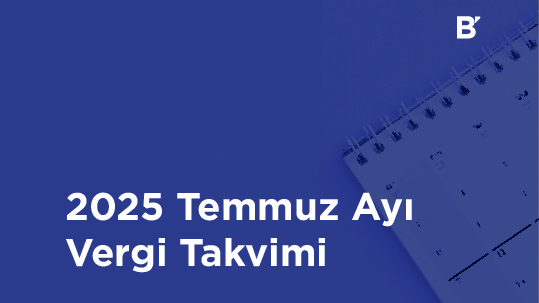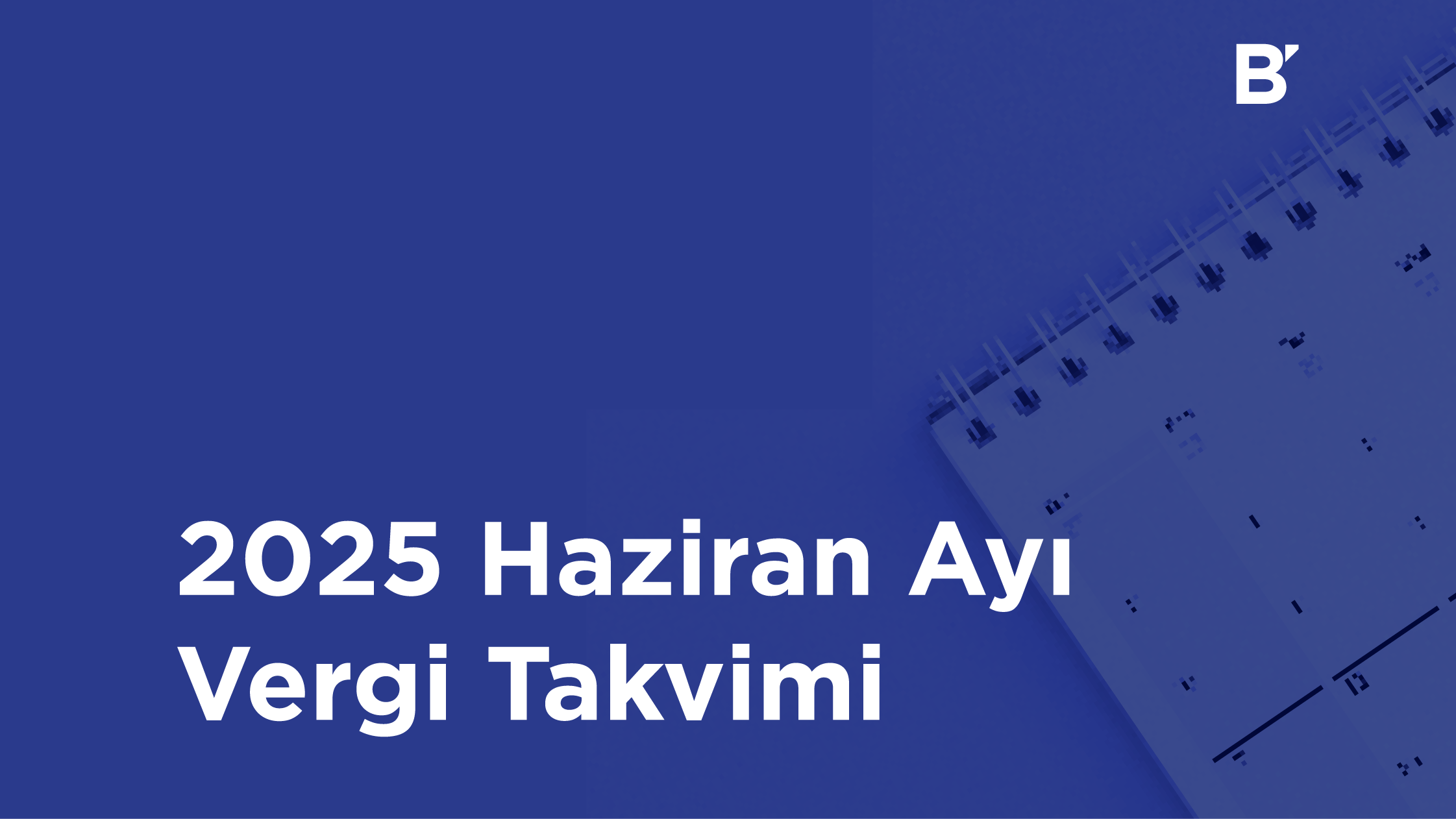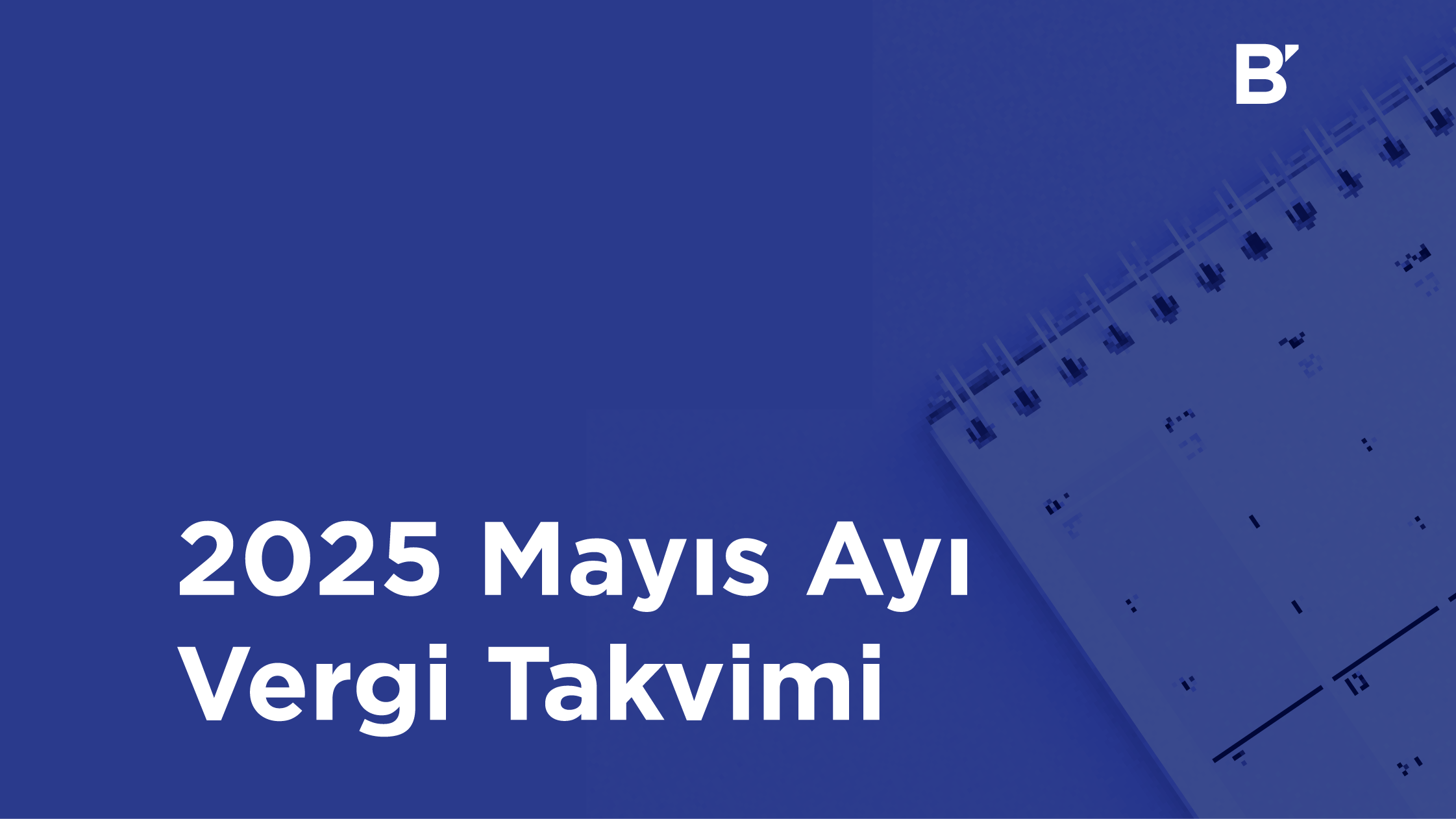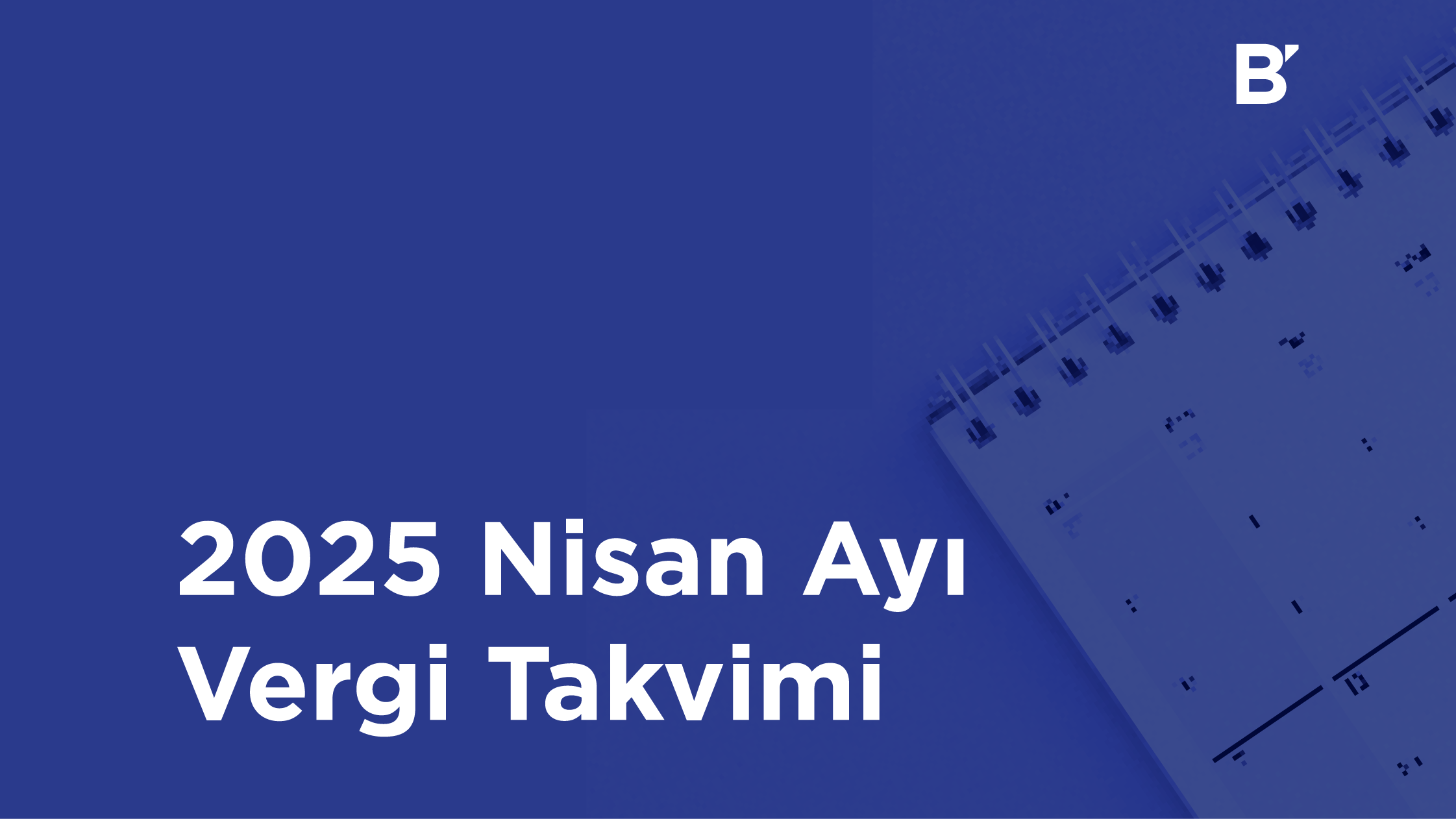25.01.2023/22
Yurt Dışı İnşaat, Onarım, Montaj İşleri ile Teknik Hizmetlerde Çalışan Hizmet Erbabına Yapılan Ücret Ödemelerinde Değişiklik
30.12.2022 tarihli 32059 (2. Mükerrer)sayılı Resmi Gazete ’de yayımlanan 322 Seri No’lu Gelir Vergisi Genel Tebliğiyle 03.11.2022 tarihli ve 7420 sayılı Kanunla hüküm altına alınan yurt dışı inşaat, onarım, montaj işleri ile teknik hizmetlerde çalışan hizmet erbabına yapılan ücret ödemeleri istisnasının usul ve esasları düzenlenmiştir.
Tebliğde yer alan düzenlemelere ilişkin açıklamalar aşağıda yer almaktadır:
a) 03.11.2022 tarih ve 7420 sayılı Kanun ile yurtdışında yapılan inşaat, onarım, montaj işleri ile teknik hizmetlerde çalışan hizmet erbabına, fiilen yurt dışındaki çalışmaları karşılığı işverenin yurt dışı kazançlarından karşılanarak 01.12.2022 tarihinden itibaren (bu tarih dahil) yapılan ücret ödemeleri gelir vergisinden istisna edilmiştir.
Bu kapsamda istihdam edilen hizmet erbabına yapılan ücret ödemelerinin gelir vergisinden istisna tutulabilmesi için sağlaması gereken şartlar aşağıda yer almaktadır.
- Hizmet erbabının, yurt dışında yapılan inşaat, onarım, montaj işleri ile teknik hizmetlerde çalışması,
- Hizmetin, hizmet erbabınca fiilen yurt dışında verilmesi,
- Hizmet erbabına yapılacak ödemenin yurt dışı kazançlardan karşılanması.
b) Yönetim, idare, muhasebe ve benzeri hizmetlerde çalışanlar, yurt dışında yapılan inşaat, onarım, montaj işleri ve teknik hizmetlerle ilgili olmak ve fiilen yurt dışında bulunarak hizmet vermek şartı ile söz konusu istisnadan yararlanabilecektir.
c) Yurt dışında yapılan inşaat, onarım, montaj işleriyle teknik hizmetlerde çalışan hizmet erbabına yurt dışı şube tarafından yapılan ücret ödemeleri gelir vergisinden istisna edildiği gibi bu gelirler için hizmet erbabı tarafından yıllık gelir vergisi beyannamesi de verilmeyecektir.
Örnek: Merkezi Türkiye’de olan (D) Şirketi, yurt dışında bir inşaat işi üstlenmiş ve söz konusu işte çalıştırmak üzere Türkiye’den 40 hizmet erbabı götürmüştür. Hizmet erbabının ücretleri (D) Şirketinin yurt dışı şubesi tarafından ödenmektedir.
Bu durumda, söz konusu hizmet erbabına yurt dışındaki inşaat işinde fiilen çalışmaları karşılığı olarak yurt dışı şube tarafından yapılan ücret ödemeleri gelir vergisinden istisna olduğundan, bu gelirler için hizmet erbabı tarafından yıllık gelir vergisi beyannamesi verilmeyecektir
d) Yurtdışı şube adına Türkiye’deki şirket (merkez) tarafından yapılan ücret ödemeleri istisnanın uygulanmasına engel değildir. Bu durumda, Türkiye’deki şirket (merkez) tarafından gelir vergisi tevkifatı yapılmayacağı gibi söz konusu ücret gelirleri için hizmet erbabı tarafından da yıllık gelir vergisi beyannamesi verilmeyecektir.
Örnek: Merkezi Türkiye’de olan (E) Şirketi, yurt dışında üstlenmiş olduğu inşaat işi için şirketin yurt dışı şubesinde çalıştırmak üzere Türkiye’den 50 hizmet erbabı götürmüştür. Yurt dışı şubede çalışan hizmet erbabının ücretleri yurt dışı şube kazançlarından karşılanmak suretiyle merkez tarafından ödenmektedir.
Bu durumda, merkez tarafından yapılan ücret ödemeleri üzerinden gelir vergisi tevkifatı yapılmayacak ve bu ücret gelirleri için hizmet erbabı tarafından da yıllık gelir vergisi beyannamesi verilmeyecektir.
Örnek: Merkezi Türkiye’de olan (F) Şirketi, yurt dışında onarım işi üstlenmiş ve söz konusu iş için Türkiye’den 30 hizmet erbabı götürmüştür. Türkiye’deki merkezde çalışan 5 hizmet erbabı ise söz konusu işin belirli kısımlarında çalışmak üzere bazı dönemlerde yurt dışına götürülmüştür.
Bu durumda, yurt dışındaki onarım işinde çalışmak üzere götürülen ve fiilen yurt dışında çalışan 30 hizmet erbabına yapılan ücret ödemeleri gelir vergisinden istisna edilecektir.
Hem Türkiye’deki merkezde hem de yurt dışındaki şubede çalışan 5 hizmet erbabının ise fiilen yurt dışındaki çalışmalarına isabet eden ücret gelirleri gelir vergisinden istisna edilecek, merkezdeki çalışmaları karşılığı yapılan ücret ödemeleri ise vergilendirilecektir.
e) Hizmet erbabı yurt dışında söz konusu işlerde çalışıyorken eş zamanlı olarak Türkiye’deki şirkette (merkez) de çalışıyorsa, sadece fiilen yurt dışında bulunarak çalıştığı günler karşılığı yapılan ücret ödemeleri istisna kapsamında olacak, yurt içindeki çalışmaları karşılığı alacağı ücret vergilendirilecektir.
Örnek: Merkezi Türkiye’de olan (G) Şirketi yurt dışında bir teknik hizmet işi üstlenmiş ve söz konusu iş için Türkiye’den 10 hizmet erbabı götürmüştür. Söz konusu teknik hizmet işine 5 hizmet erbabı da Türkiye’den teknik destek vermektedir.
Bu durumda, yurt dışındaki teknik hizmetlerde çalışmak üzere yurt dışına götürülen ve fiilen bu hizmetlerde çalışan 10 hizmet erbabının ücretleri gelir vergisinden istisna edilecektir.
Söz konusu teknik hizmetler için Türkiye’den hizmet veren 5 hizmet erbabının ücretleri ise istisna kapsamına girmediğinden vergiye tabi tutulacaktır
f) Yurt dışında yapılan inşaat, onarım, montaj işleri ve teknik hizmetlerde çalışan hizmet erbabına şubeden ya da şube adına Türkiye’deki şirketten (merkez) yapılan ücret ödemeleri sadece yurt dışı kazancın tespitinde gider olarak dikkate alınabilecektir. Türkiye’deki şirket (merkez) bu ücret ödemelerini gider olarak dikkate alamayacaktır.
g) Söz konusu ücret ödemelerinde istisnaya isabet eden kısım damga vergisinden de istisna edilmiştir. İlgili Tebliğe buradan ulaşabilirsiniz.
Saygılarımızla,
BİLGENER
























